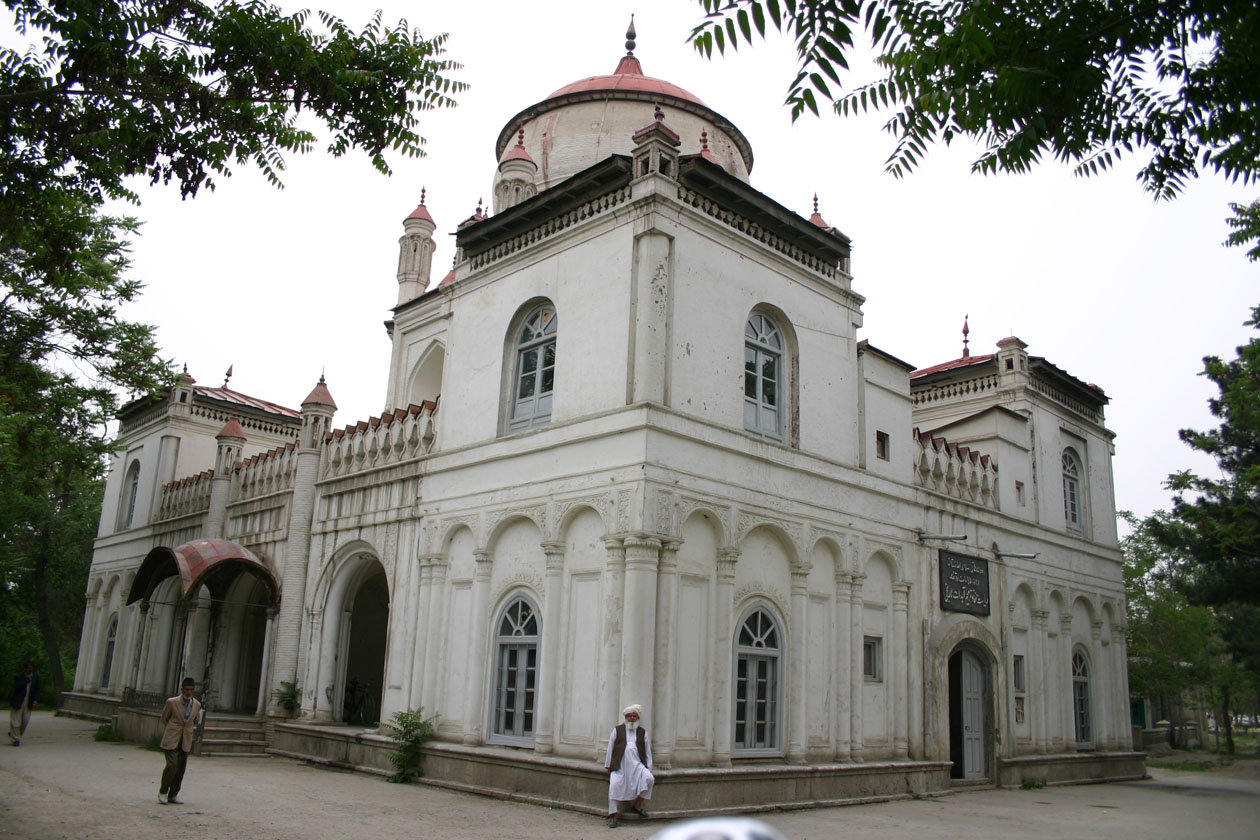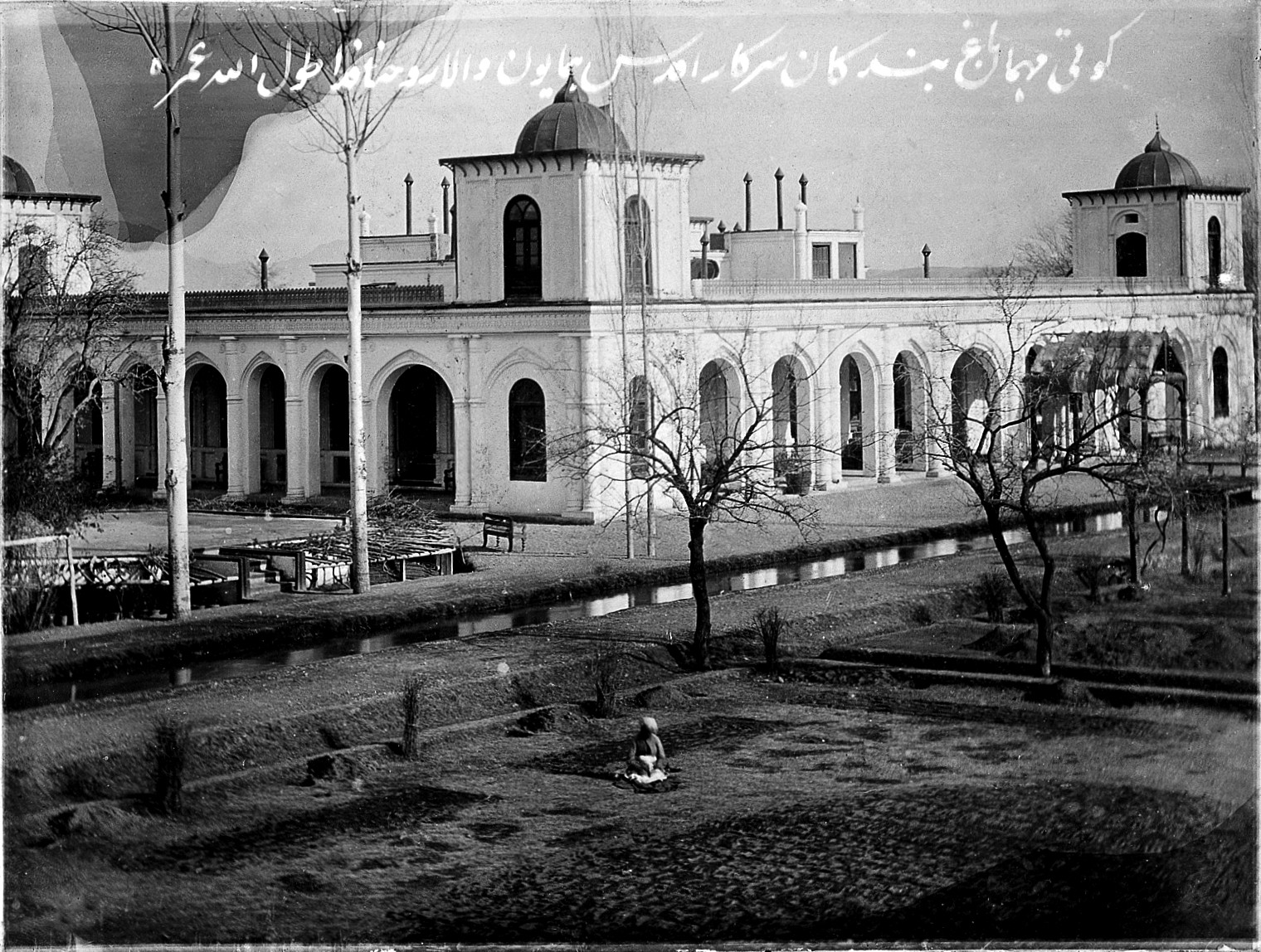ʻAbd al-Raḥmān Khān, Amir of Afghanistan, -1901
Enlarge text Shrink text- His The life of Abdur Rahman, Amir of Afghanistan, 1980:t.p. (Abdur Rahman, Amir of Afghanistan)
- Tuzuk-i ʻAbdurraḥmānī, 1902- :v. 1, t.p. (His Highness Amīr ʻAbdurraḥmān K̲h̲ān̲; G.C.B.G.C.S.I.; ruler of Afghanistan)
- LC manual authority, 11-05-01(ʻAbd al-Rahṃān Khān, Amir of Afghanistan, d. 1901; ref.: Abdur Rahman)
Abdur Rahman Khan (Pashto: عبدالرحمن خان) (between 1840 and 1844 – 1 October 1901) also known by his epithet, The Iron Amir, was Amir of Afghanistan from 1880 to his death in 1901. He is known for perpetrating the Hazara Genocide, but also uniting the country after years of internal fighting and negotiation of the Durand Line Agreement with British India. Abdur Rahman Khan was the only son of Mohammad Afzal Khan, and grandson of Dost Mohammad Khan, founder of the Barakzai dynasty. Abdur Rahman Khan re-established the writ of the Afghan government after the disarray that followed the second Anglo-Afghan war. He became known as The Iron Amir because his government was a military despotism. This despotism rested upon a well-appointed army and was administered through officials subservient to an inflexible will and controlled by a widespread system of espionage. The nickname, The Iron Amir, is also associated due to his victory over a number of rebellions by various tribes who were led by his relatives. One source says that during his reign there were over 40 rebellions against his rule. Abdur Rahman Khan's rule was termed by one British official as a "reign of terror", as he was considered despotic and had up to 100,000 people judicially executed during his 21 years as Emir. Thousands more starved to death, caught deadly diseases and died, were massacred by his army, or were killed during his forceful migrations of tribes. However, scholars such as Jonathan Lee note that he was perhaps one of the most skilled military leaders from Afghanistan.
Read more on Wikipedia >
 Personality
Personality









